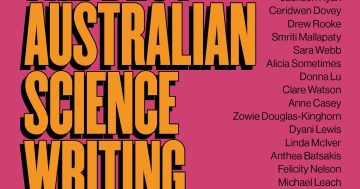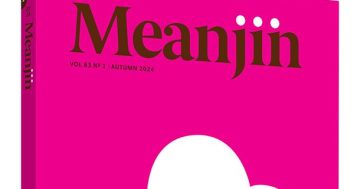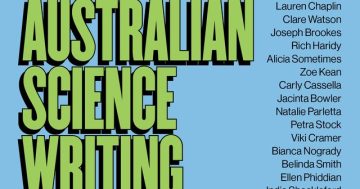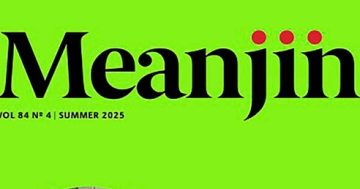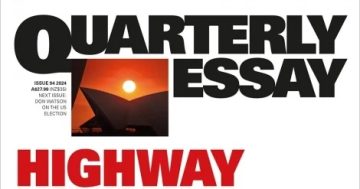Reviewed by Rama Gaind.
By Phil McNamara, The Third Fuse Project, $19.95.
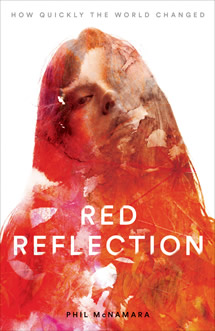 No discussion about English poet William Wordsworth would be complete without mentioning the environment, such as this famous quote: “Come forth into the light of things, let nature be your teacher”.
No discussion about English poet William Wordsworth would be complete without mentioning the environment, such as this famous quote: “Come forth into the light of things, let nature be your teacher”.
However, we simply do not live humbly or value nature, as much as we should, in our everyday lives. Thought-provoking, Red Reflection questions what we believe is right and wrong, and good and bad.
When asked about why he wrote his first novel, Adelaide-based author Phil McNamara had this to say. “As someone with a science background, I’d seen science fail to drive change that would address two of our most significant global threats: habitat loss and climate change. We’ve known the impacts of these threats for decades, but have done very little to change the way we live. When I read some words by William Wordsworth about the difference between science and poetry, and how poetry ‘cleaves to us as a necessary part of our existence’, I was inspired to use writing to communicate this science.”
Red Reflection is more than just a contemporary parable about how quickly we changed the world. So, how does reality stack up? McNamara was quick to answer some questions.
“It reflects how quickly we have changed the world in the last 200 years, during the industrial age, and how we have failed to learn the lessons from those changes, not only from seeing the impacts on other living things, but also on ourselves. These changes are represented as occurring within a 10-year period of Ellin’s life because, by the scale of human history, they have occurred in such a short period of time.”
It’s a palpable question: how can modest living, art and respect for nature address global threats like habitat loss and climate change? “We can do this by living modest lives (living sustainably and lowering our carbon footprint) and respecting nature in everything we do and everywhere we go.” The colour red is used to represent a past way of living where we respected the land in everything we did. The period that follows is blue because it often conjures up positive feelings.
Is Ellin the ‘mouthpiece’ in the last woodland on the city fringe to air our collective fears? “Not really. Ellin is a flawed character. Though she can see the impact of all the changes the people are making, she is essentially an observer (a scientist if you like) and does not have the skills or personality to influence the people around her.”
How is it a call-to-action in what is described as fiction? “Even though Ellin’s story is fictional, it represents a truth about our world today, how we have lost our connection to nature and put ourselves above all other creatures. The call-to-action is Ellin’s realisation that the people’s failure to look after the earth will ultimately impact on our own survival.”
Through Ellin, Phil expresses his fear the current generation will not change until a crisis hits us all. “I like to think that the remedies must start from a values stance, where we agree as a community that people and nature must come together in order for us to survive.”
An environmental legacy for our children is another important thread that’s woven through Red Reflection.
PS News has been given 12 copies of Red Reflection to give away. All you have to do to win a copy is to correctly answer this question. Name the book’s publisher? Entries should be sent to [email protected] by Monday, 4 October 2021. Names of the winners will be announced in Frank Cassidy’s PS-sssst…! column on 5 October 2021.


